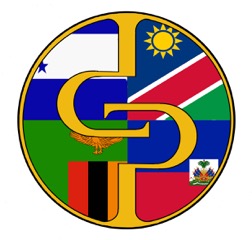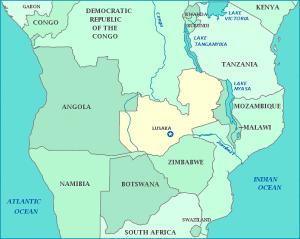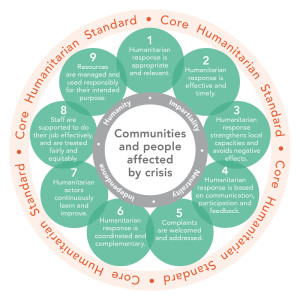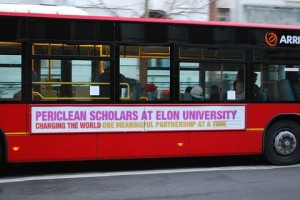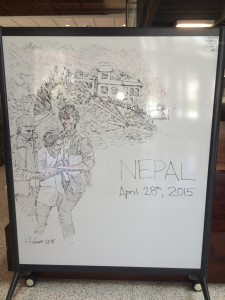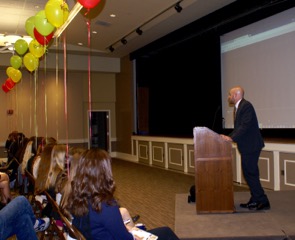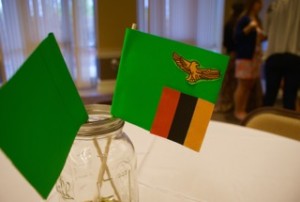In the aftermath: Experiencing the effects of short-term international service trips
by Morgan Abate, ’16
As a Periclean Scholar abroad in South America, I felt I had a duty to contribute something to my class and the program as a whole. It’s always difficult to contribute to the program from so far, but I was committed.
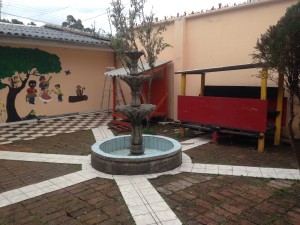 I decided that I would work with a poor community within my city, Cuenca, Ecuador. My program introduced me to an after-school nonprofit called Fundacion El Arenal that works with kids whose parents work in the local market. Without the Fundacion, these kids would most likely be working from 6 a.m. until 6 p.m., taking a five hour break for school and not doing homework. If they don’t do homework, they fail, and are stuck in the same cycle of poverty.
I decided that I would work with a poor community within my city, Cuenca, Ecuador. My program introduced me to an after-school nonprofit called Fundacion El Arenal that works with kids whose parents work in the local market. Without the Fundacion, these kids would most likely be working from 6 a.m. until 6 p.m., taking a five hour break for school and not doing homework. If they don’t do homework, they fail, and are stuck in the same cycle of poverty.
As of this posting, I have been abroad for two and a half months, working in the Fundacion every day except Fridays. I help the kids with their homework from 2:30 to 4, then make sure that they eat the snack they’re given. At around 4:45 Monday through Wednesday, they start workshops in communications, math and art. I work in the art room with another German volunteer and one teacher. Every week, the ages of the students we work with changes. Sometimes the students are 6 and 7. Other weeks, they are 13 and 14.
Voluntourism within the Fundacion
Several weeks ago, the Fundacion had 20 volunteers. Seven of us are there on a regular basis. The other thirteen came from UNC Charlotte, and were spending their spring break exploring Cuenca and implementing a project in the Fundacion.
During that group’s tenure here, I wrote a blog about voluntourism because, through my Periclean eyes, that’s what I saw. I saw eager college kids who barely knew Spanish trying to help kids with their homework and taking photos. They would pick them up, put them on their shoulders, play with them and forget their homework – because they could not help them.
In said blog post, I said that I did not want someone to tell me “Well, they’re only here for a week.”
Well guess what? I have now started to see the after effects of that week.
Some might argue that helping cannot hurt. We enter impoverished areas in the United States or in other countries around the world with the greatest of intentions – I don’t deny that. We want to help. We want to understand the people we’re helping and make a difference in their lives. How could we possibly make their lives worse when they live in poverty?
I’ll tell you how.
On Thursday, one of the directors of the Fundacion explained to the children that the volunteers are not allowed to pick them up anymore. This policy had been in place for about a week, and unfortunately, because of a change in my schedule at the university, from 12-17 March, I could not be in the Fundacion and thus did not know about this change. The director, though, had only told the volunteers about this change. The kids still clamored to be picked up and we had to tell them no. Finally, the director had to directly tell the kids.
According to her, their parents were not happy with the volunteers picking their kids up, spinning them, putting them on their shoulders and letting them do flips by holding the volunteers’ hands. The parents claimed that it made their kids ill-behaved at home.
The week that this large group was in Ecuador, the parents had their first workshop for cooking healthy meals – and nutrition in general. That means that all of the kids’ parents witnessed these Western volunteers picking up their children. My guess is that once they saw it, it made them uncomfortable, and they did not like it. Culturally it might not have been acceptable, either, especially since these children come from rough and more-often-than-not abusive homes.
Now, I don’t know if the kids truly were misbehaved more because they were spoiled at the Fundacion, nor is it my position to argue why they were or not. The point is that it upset the parents. It made them wary of volunteers.
If you ask me, that’s causing some harm.
Next were the actual workshops the group helped with. Instead of helping with last year’s project – English – they started a hygiene workshop. Hygiene is necessary to learn and to teach, yes, and I’ll admit that I don’t know what these classes consisted of entirely. But the teachers had already instilled the need to wash hands with these kids. There were the kids who listen and always wash their hands before meals anyway – and those who never listen. You won’t be able to change their minds in a week.
And of course, the remnants of those workshops aren’t visible. Kids still don’t wash their hands – and I doubt they brush their teeth every day. They’re still misbehaved and still try to delay their homework.
All that remains from that week are freshly painted walls with minions from Despicable Me – the only real choice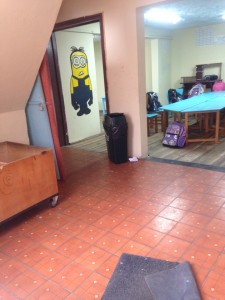 the kids had that week.
the kids had that week.
The debate over voluntourism
Dr. Arcaro posted about voluntourism around the same time that I was witnessing volunteer traveling in my own neighborhood. It angered me. I have tried so hard not to be a voluntourist.
But even as I go through my own experience abroad, I am realizing that not everything I’m doing is good. I leave in two months and then what? These kids are used to people coming and going – and never returning. Thankfully, my primary purpose for being here is studying; I chose to donate my time to this Fundacion. Thankfully, I can speak Spanish and can help them with their homework. Sometimes, though, we can’t understand each other.
What’s more is I’ve started thinking more about Periclean and its role within international aid. If you ask me, after the experience I’ve had with the UNC Charlotte group and my own, I’d advise that Pericleans stop going to their country of focus to implement projects. Maybe having a few go down to visit partners is a good idea, but sending the whole class for two, three weeks? I see an extension of what happened here happening there. The work is better left to those on the ground.
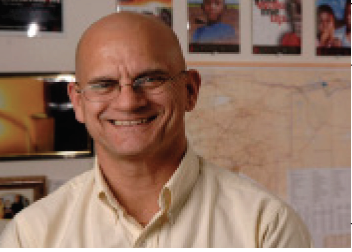
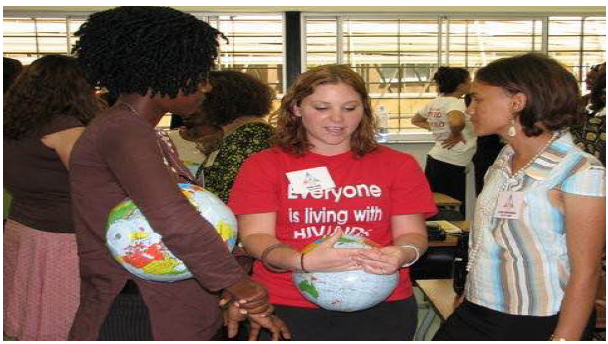
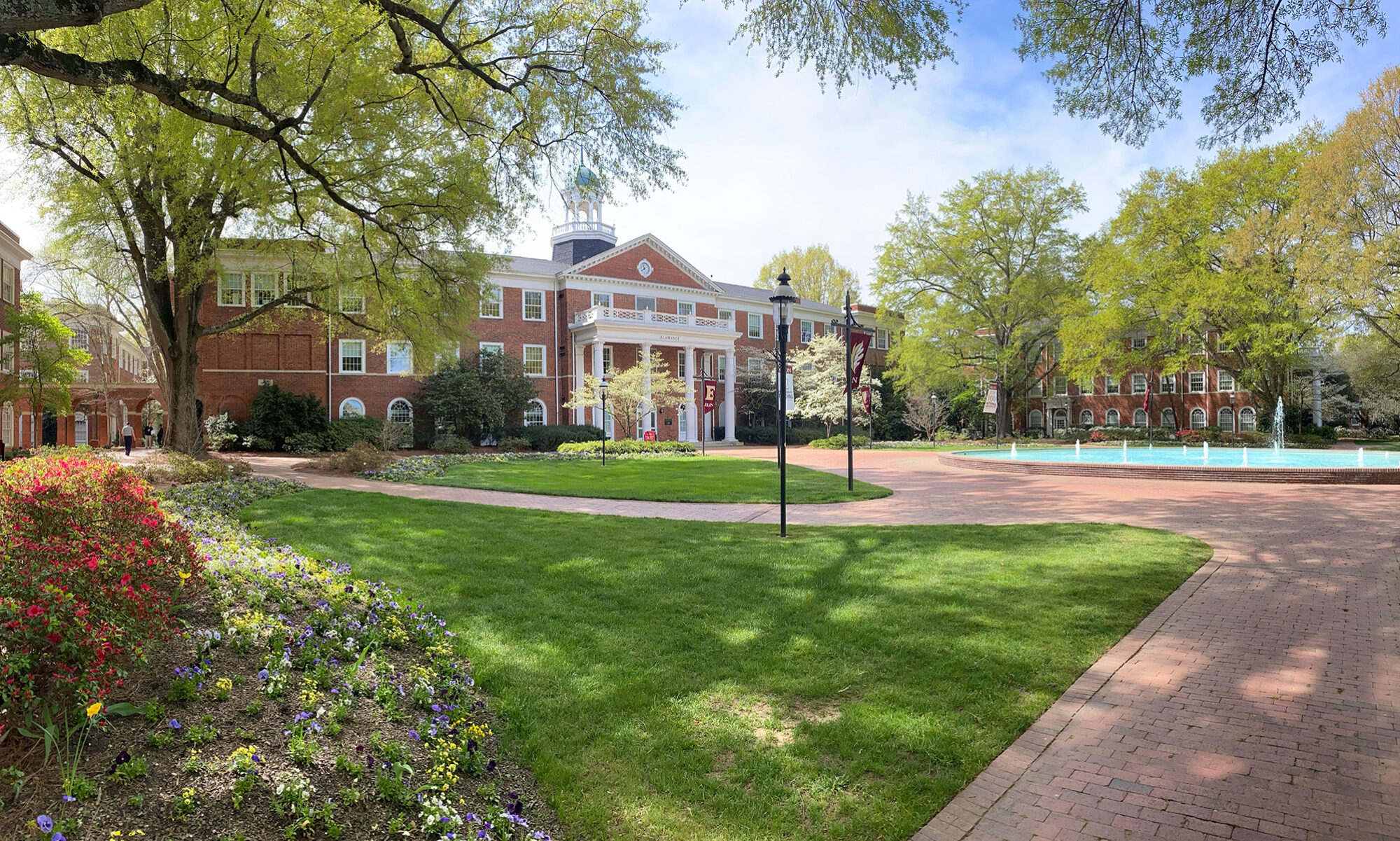




 Follow
Follow
